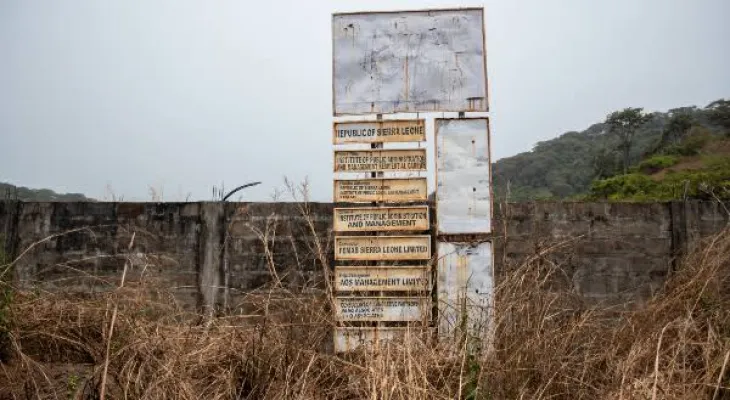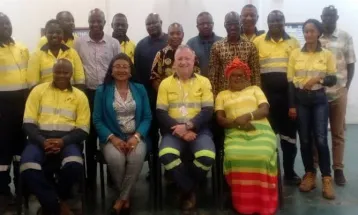
Sierra Leone’s $4.5 Million University Scandal Unveils Deep Corruption Crisis
The recent scandal involving the University of Sierra Leone (USL) and a failed $4.5 million deal with the dubious Nigerian developer, Femab Properties, highlights the ongoing corruption and mismanagement that plague Sierra Leone’s public institutions.
This controversy, where warning signs were ignored, and due diligence was abandoned, reveals a troubling lack of accountability within the government and the inefficiency of the Anti-Corruption Commission (ACC).
The deal, intended to fund a new campus for the Institute of Public Administration and Management (IPAM) at Bureh Town, has instead become a lesson in mismanagement. The shocking fact that $4.5 million—enough to cover two years of tuition for all IPAM students—was entrusted to a company with no credible history underscores the gravity of this scandal. This sum could have been directed toward improving Sierra Leone’s struggling educational infrastructure or supporting students in need, but it has instead vanished into the pockets of a developer known for failed projects and legal issues in Nigeria.
The competence and integrity of the officials involved in this deal are now under scrutiny. Why was Femab, a company with no proven capacity for such a large-scale project, chosen? Basic research would have revealed that Femab has never completed any of its real estate projects and is entangled in numerous lawsuits. This raises serious concerns about whether any proper due diligence was conducted before such a significant public expenditure was made.
The silence from the ACC is equally concerning. This scandal, which should have triggered a prompt and thorough investigation, has instead been met with inaction. The ACC seems more focused on protecting government officials and pursuing minor cases rather than addressing this substantial loss of public funds. If not for Africa Confidential's reporting, this scandal might have remained hidden from the public. Even now, there has been no acknowledgment from the ACC, no public statement, and no commitment to hold those responsible accountable. This institution, tasked with protecting public interest, appears more interested in maintaining the status quo.
The failure of this project is more than a financial setback; it is a breach of public trust. The students and faculty of IPAM, who were promised a state-of-the-art campus, are left with nothing but an empty plot of land. Meanwhile, the officials who approved this deal and ignored all the warning signs continue to evade accountability. This entire episode highlights the urgent need for reform in how public-private partnerships are managed in Sierra Leone. Without transparency, accountability, and rigorous oversight, such partnerships will remain fertile ground for corruption and mismanagement.
It is time for the government to take decisive action. An official inquiry must be launched to uncover what went wrong and ensure that those responsible are held accountable. The ACC must fulfill its mandate to combat corruption at all levels, not just target minor offenders while major wrongdoers go unpunished. The public must demand better from those in power. The loss of $4.5 million is not just a financial scandal; it is a moral failure that cannot be ignored.




















